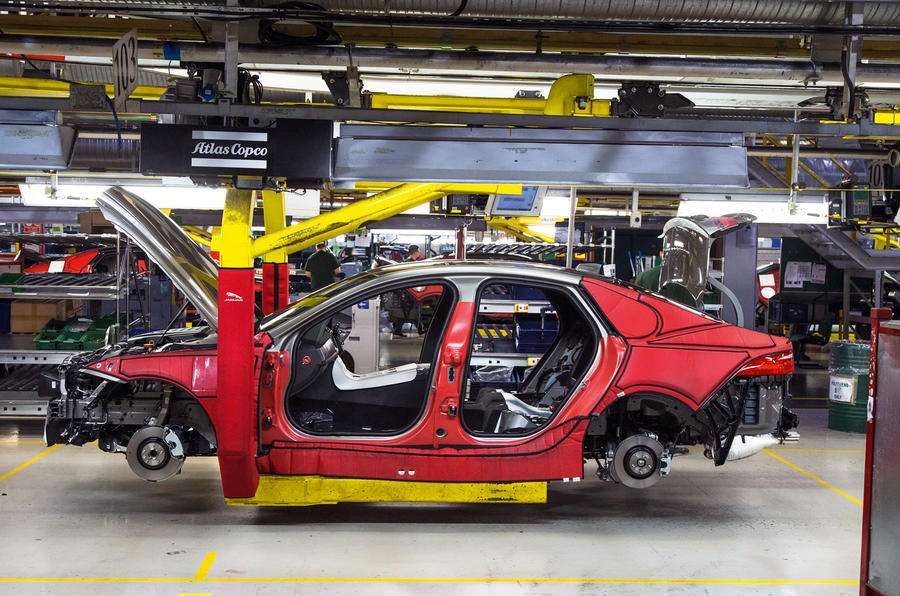
Computer chip shortage continues to impact car industry, with many firms pausing operations at key facilities.
As the shortage of semiconductor processing chips continues to impact the automotive and technology industries, several leading car makers have been forced to close production lines temporarily.
The crisis has been affecting companies for several months now. It stems from increased demand for personal computers, tablets and smartphones at the height of the Covid-19 pandemic, which largely diverted supply away from the automotive sector.
Ford
The factory in Turkey that builds the Ford Transit for the European market will be closed from 19 April to 13 June, with the manufacturer bringing forward a planned summer shutdown, according to Automotive News Europe.
The Focus production line in Saarlouis, Germany has been inactive since late February and is set to remain closed for another 20 days, while closures of varying length will impact Galaxy, Kuga, Mondeo, S-Max and Transit Connect production until 31 July.
Closures will also impact the Fiesta and Puma production lines in Germany and Romania respectively, although to a much smaller degree.
Having earlier paused production of its hugely popular F-150 pick-up truck in light of the semiconductor shortage, Ford has also now taken the decision to halt operations at several factories across the US for two weeks from 3 May.
According to The Detroit News, the affected sites are responsible for producing the F-150, Transit, Ford Explorer and Lincoln Aviator for the US, as well as the Mustang for global markets, including Europe and the UK. It’s not clear how visible the impact of restricted Mustang production will be in Europe.
The site quotes an internal Ford memo addressed to employees from manufacturing vice-president John Savona: “Ford’s North American plants continue to be affected by the global semiconductor shortage – along with auto makers and other industries around the world.
“As you build every vehicle you can for our dealers and customers, our teams behind the scenes are working hard to source additional parts.”
Jaguar Land Rover
Jaguar Land Rover (JLR) is pausing operations at two of its largest production facilities for at least a week due to a shortage of semiconductor chips.
The manufacturer’s Castle Bromwich and Halewood factories in the UK will implement a “limited period of non-production” from Monday. Operations could restart seven days later, depending on the state of semiconductor supply.
Affected models include the Castle Bromwich-built Jaguar XE, XF and F-Type and the Halewood-built Land Rover Discovery Sport and Range Rover Evoque.
Felix Page




